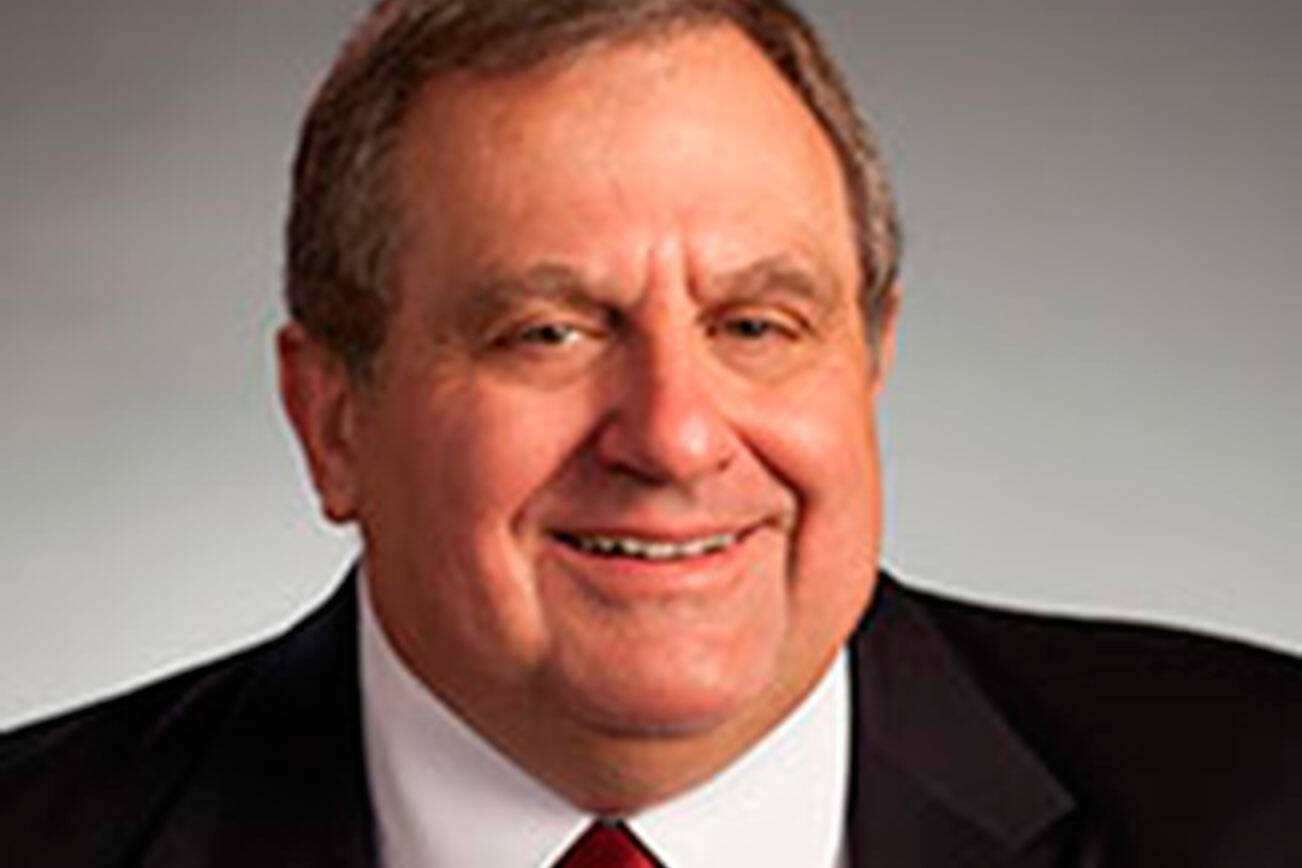In Washington, this year we’re fortunate to have escaped the historic droughts plaguing other parts of the world. The Columbia River basin water system has been at normal levels, which is good for our agriculture, hydropower generation, barging, local water supplies, and fish and wildlife.
However, 20 years ago, we faced the same severe drought that is afflicting the world’s major river drainages including the Colorado, Rhine and Yangtze rivers. That water scarcity is forcing factories to close, farmland to remain fallow, crops to perish, massive fish kills, barging on rivers to stop, and governments to ration water.
We need to remember that same water scarcity is likely to happened again in the Pacific Northwest — and includes us.
Our world has a “big time” water problem, and it will be even larger by 2050, when the World Bank estimates that a 50 percent increase in agricultural production is needed to feed our planet’s population. That projection carries with it a 15 percent increase in water demand.
That trend is prompting government leaders to consider some mammoth water projects costing hundreds of billions.
For example, to replenish the Colorado River, one proposal is to build a 1,500-mile aqueduct from the Mississippi River in Louisiana to Lake Powell in Utah. It is estimated to cost $23 billion and would divert 5.5 trillion gallons at a rate of 250,000 gallons per second from the lower Mississippi, which has too much water. It would take a year to refill the Glen Canyon Dam reservoir.
The Colorado River and its tributaries serve roughly 40 million people in Arizona, California, Colorado, Nevada, New Mexico, Utah and Wyoming. About 70 percent of its water goes toward irrigation, sustaining a $15 billion-a-year agricultural industry that supplies 90 percent of winter vegetables in the United States.
No business is capable of handling such a gargantuan project. However, something needs to be done because the levels in the Colorado River are so low, the federal government is requiring states drawing water from the river to reduce their consumption by 7 percent to 21 percent next year.
On the other end of the spectrum, there are smaller scale water innovations that private-sector entrepreneurs are developing to increase freshwater supplies. While minuscule compared to the Mississippi-to-Utah canal, they are needed. Every drop of pure water helps.
For example, the Bill and Melinda Gates Foundation teamed with Janicki Industries in Sedro-Woolley, Washington, to pilot a system to convert sewage to drinking water. It is called the Omni Processor. It separates wastes from water, burns solids to generate electricity, and condenses steam to create drinkable water. The process kills pathogens that infect billions.
That is important because more than 2 billion people around the world lack sufficient sewage treatment and 748 million do not have clean drinking water. Diseases caused by poor sanitation kill some 700,000 children every year.
Two Omni Processors are in Dakar, Senegal, where 1.2 million people are living without adequate sanitation — no flushing toilets, no connected sewer lines, and people are forced to use pit latrines out in the street.
Janicki’s subsidiary, Sedon Technologies, is working on a similar water purification system for dairy farms and wildland firefighters.
On the water conservation side, another family-owned business develops and manufactures efficient irrigation systems that apply the precise amounts of water to crops at the best time. Like Janicki, Nelson Irrigation Inc. in Walla Walla is a world leader in water innovation technology.
The U.S. has many smart and industrious people who find creative solutions when presented with a problem. That entrepreneurial drive, in combination with the billion-dollar canals, are needed to provide the pure water we need in the next quarter century.
Don C. Brunell is a business analyst, writer and columnist. He is a former president of the Association of Washington Business, the state’s oldest and largest business organization, and lives in Vancouver. Contact thebrunells@msn.com.
Talk to us
Please share your story tips by emailing editor@kentreporter.com.
To share your opinion for publication, submit a letter through our website https://www.kentreporter.com/submit-letter/. Include your name, address and daytime phone number. (We’ll only publish your name and hometown.) Please keep letters to 300 words or less.

